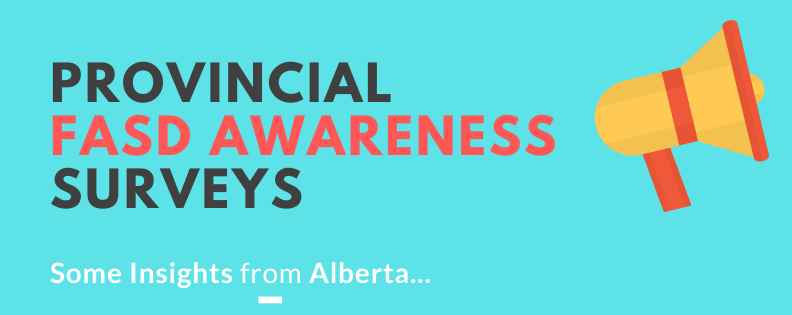Telehealth has been suggested as an effective means of providing FASD assessment and diagnosis to rural and remote communities. However, only three Manitoba-based studies have explored the effectiveness and experiences of FASD telehealth programs.
Prevalence of FASD in Kindergarten & Developmental Health
The authors of the current study had two primary objectives: (1) to determine the prevalence of teacher-reported diagnosis of FASD in kindergarten children; and (2) to determine the developmental health of children with FASD. A secondary objective of the study was to compare the prevalence of problems at home between children with FASD and children with other neurodevelopmental disabilities (NDD).
Article Summary #2: Relation Between Adaptive Function and IQ
Impaired adaptive function and communication abilities may prevent individuals with PAE from successfully functioning independently and may impact them academically, socially, and occupationally.
Article Summary #1: Assessment Measures used in Alberta
The researchers surveyed 19 clinics providing diagnostic services in Alberta, Canada to examine the consistencies and differences in clinical practice. The goal of this study is to bring awareness to areas where measures may be lacking and to identify tools being used in the diagnostic process, including those that are not suggested in the current Canadian guideline.
Issue Paper: Alcohol and Breastfeeding
Prenatal alcohol exposure has the potential to result in a range of complex physical, mental, and behavioural disabilities, known collectively as fetal alcohol spectrum disorder (FASD). Although alcohol exposure through the consumption of breast milk does not cause FASD, it has the potential to negatively impact infant and child development.
Issue Paper: FASD and Child Welfare
FASD is one of the most critical issues in child welfare, given the high vulnerability and increased prevalence of children with FASD in the child-care system. Social workers and health professionals are in the perfect position to ensure early diagnosis and intervention for children in the child welfare system, but these professionals may not have adequate knowledge and training to do so.
#FeatureFriday – Provincial FASD Awareness Surveys
This is how our study came to be. We realized there are a number of different tools and questions surveys use to try and measure the same thing: FASD awareness. We wanted to evaluate how effective these tools were in getting an accurate measurement of this concept.
Article Summary – How Personal Perspectives Shape Health Professionals’ Perceptions of FASD and Risk
Discussions with health and social service practitioners in New Zealand found that the non-clinical factors, such as personal experience and opinions, are influencing their professional practice in relation to FASD prevention and intervention. Consistent, evidence-based training programs for health professionals are sorely needed to improve FASD practice.
Article Summary – Review of Transition Planning Tools for Youth with FASD in Canada
The transition to adulthood can be a challenging experience for individuals with FASD because of the expectation of increased responsibility and independence in adulthood. The unique nature of FASD, coupled with the wide range of challenges individuals with FASD face and the lack of FASD specific services available, suggests that particular attention should be paid to the transition planning process for youth with FASD.
Article Summary: The experiences of caregivers looking after individuals with Fetal Alcohol Spectrum Disorder
Caregivers and families experience numerous and significant impacts in relation to understanding FASD, obtaining an FASD diagnosis, and managing and supporting individuals with FASD through their lifetime. A lack of understanding by health care and social service providers was considered a key barrier to accessing effective resources and supports. Improved training, resources, and FASD diagnostic guidelines for health care practitioners is essential for improving outcomes for individuals, caregivers, and families.





